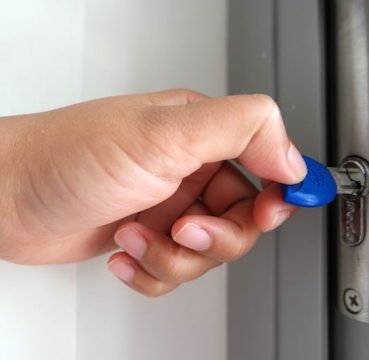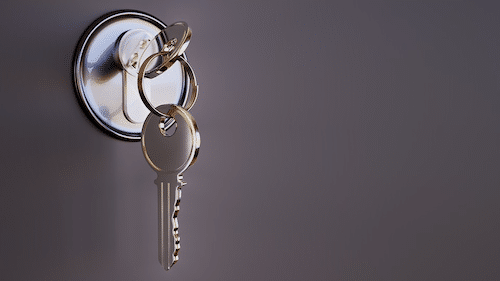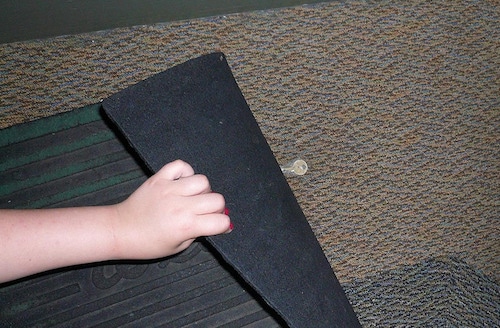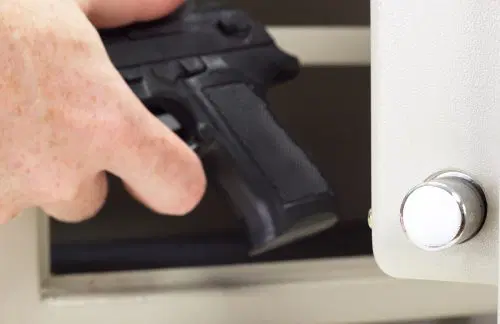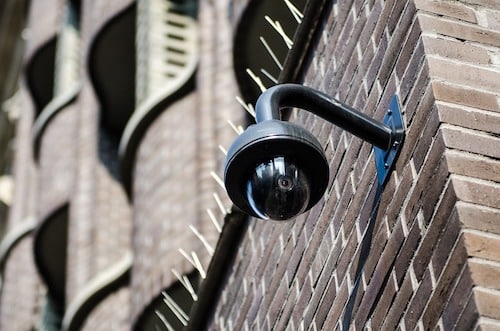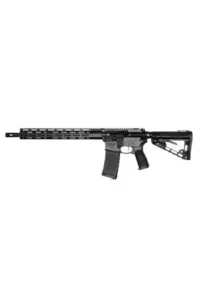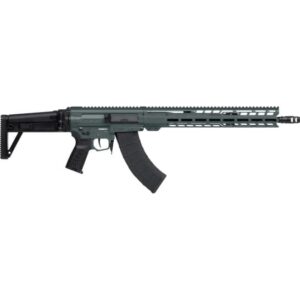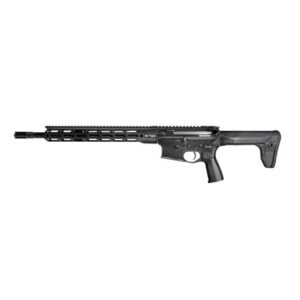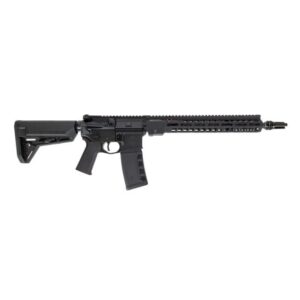Table Of Contents
Break-ins occur every day in the United States. Yes, bad people do bad things, but too many property owners make it easy for them. Securing your property and your family is a common-sense endeavor. You owe it to yourself to understand the threats you might encounter in the area you live in and prepare an adequate home defense strategy for times when you’re home and times when you’re not.
Progress can be made by utilizing common sense and implementing practical measures. Here are some easy to apply methods that can go a long way toward making sure you’re not a victim of criminal behavior.
Secure Entry Points with Strong Locks
Every entry point to your home and other buildings on your property, such as cabin sheds or garages, must be equipped with a reliable lock. To be truly secure, doors must have at least one additional type of lock outside of the doorknob. This is most commonly a deadbolt, barrel slide bolt, rim latch lock, or slide bolt. A single style of lock on your door is typically inadequate.
Window locks are also essential. If you don’t think a criminal will enter your home through an unlocked first story window, you should reconsider your assumption.
Also, consider reinforcing doors and windows. Installing a simple pin or nail into the frame to keep windows from being opened all the way from the outside is a good idea. Learn about the anatomy of your door lock. The latch mechanisms of cheap doors are often not drilled deep enough to withstand a determined intruder. This is something you can test for yourself with a strong kick. If the door or latch breaks, you needed a new door anyway.
Get Creative When Hiding Spare Keys
Many people leave a spare key somewhere around their front door in case they get locked out. If you do place a spare key outside your home, make sure it’s not in an obvious spot. Under doormats, inside flower pots, and beneath rocks near the front door are the first places intruders will look. Instead, get creative and look for out-of-reach places that strangers won’t be able to easily get to without drawing attention.
An alternative idea if you really want to hide a spare key is to use a combination lock box to hide the key in. Then, even if the intruder finds the box they won’t be able to reach the key without the code.
Use Landscaping to Your Advantage
Landscaping can also play an important role in security. Trees and shrubs should be carefully trimmed and maintained whenever possible to eliminate possible blind spots that intruders can take advantage of. Other items – including planters or statues – should be placed strategically against the house or near access points for the same reason.
To get your landscaping to work with you instead of against you, think about placing plants around windows that are prickly or thorny. The presence of this foliage can deter many intruders as the shrubbery threatens to poke or jab people, even if they are wearing jeans and jackets.
Keep Outside Areas Well-Lit
Another critical thing to keep in mind when securing your home’s exterior is the lighting. Make sure all areas around your house are well-lit, especially spots near doors and windows. Thieves often strike at night because the cover of darkness allows them to get in and out without being caught.
Survey your home’s surroundings at night to determine dark spots where intruders can easily hide then add lighting to these spots so they can be seen at all times. Setting lights to come on at random times is also smart because it gives the impression that people are home and awake, even when you’re not.
Protect Your Property with Firearms
Firearms are extraordinarily potent deterrents for protecting homes and businesses. When other forms of security aren’t enough to dissuade intruders, a well-armed owner will often do the job.
But most intruders will not typically be able to determine which residences or businesses are home to gun owners. Prepare yourself for a home-defense scenario with more specific home defense tips. The effectiveness of a firearm for defense comes down to the type of gun used and the proficiency of the person using it. Be sure to practice as often as you need to confidently defend your property with your weapon of choice.
Awareness and weapon availability are also factors. Ensure that the gun safe you decide to use can be accessed quickly enough when your weapon is needed. Practicing awareness habits like appropriate suspicion of unidentified noises can help you be ready when the moment comes. Wear the right hearing protection at the range to help protect your sense of hearing.
The more advanced warning you have of an intruder, the more effective you and your firearm will be for home defense, and that makes CCTV Security cameras a valuable asset.
Monitor Your Home with CCTV Cameras
Closed-circuit television cameras – or CCTV for short – can help you know what is going on around your property at all times. Advances in camera technology allow for smaller, cheaper, easier to install pieces. Some even feature low-cost infrared night vision. These modern cameras can wirelessly stream video to your smartphone and automatically notify you when motion is detected. This way you can always keep an eye on your property even if you are on vacation or at the office.
Consider speaking to a CCTV expert to find the right camera for your property. Some systems include recorders that may help provide the only evidence law enforcement can use to track down criminals after the fact.
Secure All of Your Property’s Structures
While the focus of securing your property is your home, make sure to secure the entirety of your property. Other structures can become targets as well, including sheds and storm shelters that might store important valuables thieves would be after. Garden tools and lawn care items are easy targets for thieves that want to pawn stuff off for quick cash; so it’s important that every aspect of your property is secure.
Always Be Vigilant
Your best tool for preventing a break in is ultimately your own vigilance. Educating yourself on practical home self-defense is always a good idea. Keep track of threats where they’re most like to appear, including from cyber attacks. Also, stay on top of local news reports of any criminal activities and methods they may be using to improve your home’s security.
Get to know neighbors and offer to keep an eye on their house when they are gone; they’ll likely return the favor. A little extra effort spent paying attention to your surroundings can go a long way in preventing criminal activity and keeping your property secure.
